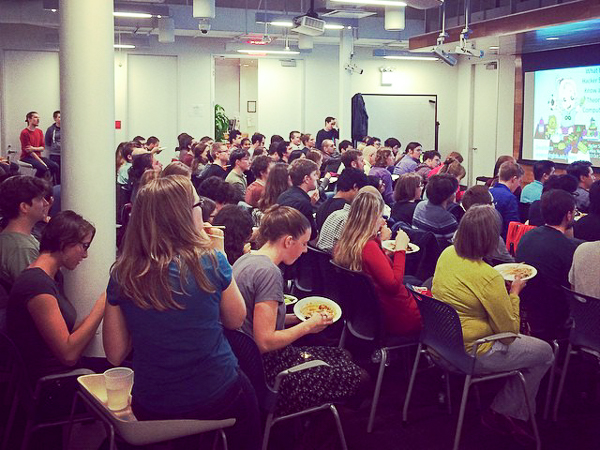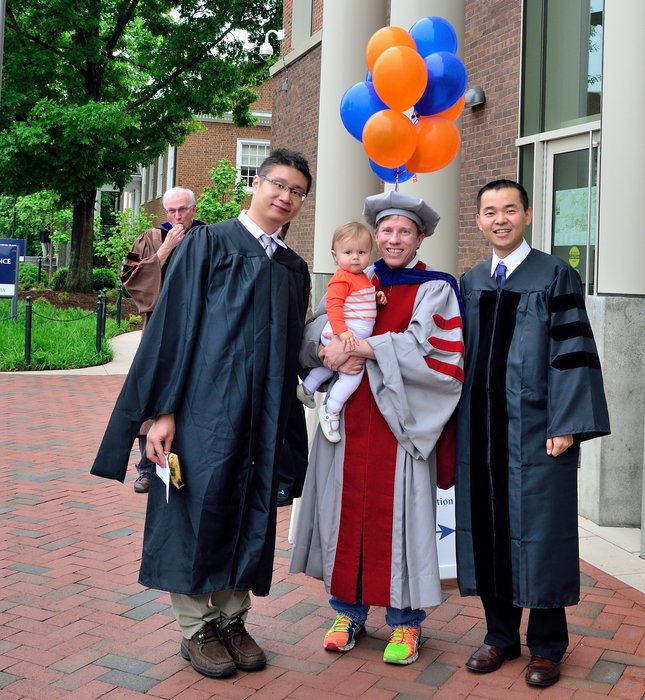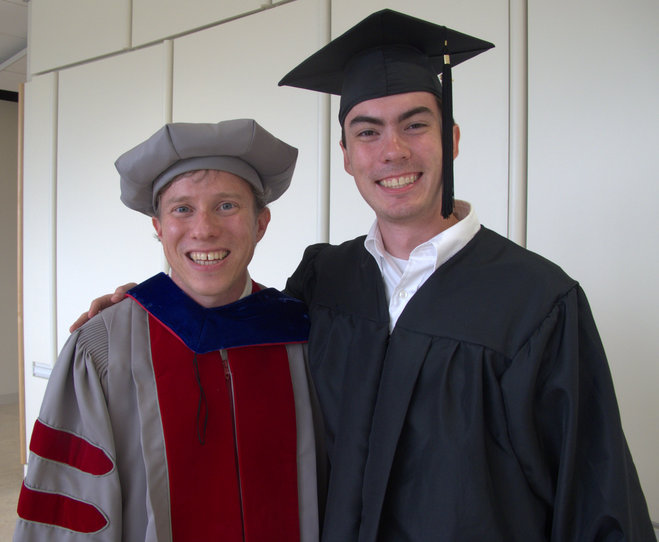Cybersecurity Summer Camp
Saturday, July 7th, 2018I helped organize a summer camp for high school teachers focused on cybersecurity, led by Ahmed Ibrahim. Some of the materials from the camp on cryptography, including the Jefferson Wheel and visual cryptography are here: Cipher School for Muggles.

Cybersecurity Goes to Summer Camp. UVA Today. 22 July 2018. [archive.org]
Earlier this week, 25 high school teachers – including 21 from Virginia – filled a glass-walled room in Rice Hall, sitting in high adjustable chairs at wheeled work tables, their laptops open, following a lecture with graphics about the dangers that lurk in cyberspace and trying to figure out how to pass the information on to a generation that seems to share the most intimate details of life online. “I think understanding privacy is important to that generation that uses Facebook and Snapchat,” said David Evans, a computer science professor who helped organize the camp. “We hope to give teachers some ideas and tools to get their students excited about learning about cryptography, privacy and cybersecurity, and how these things can impact them.”
(Also excerpted in ACM TechNews, 29 June 2018.)

UVa bootcamp aims to increase IT training for teachers. The Daily Progress. 22 June 2018. [archive.org]





